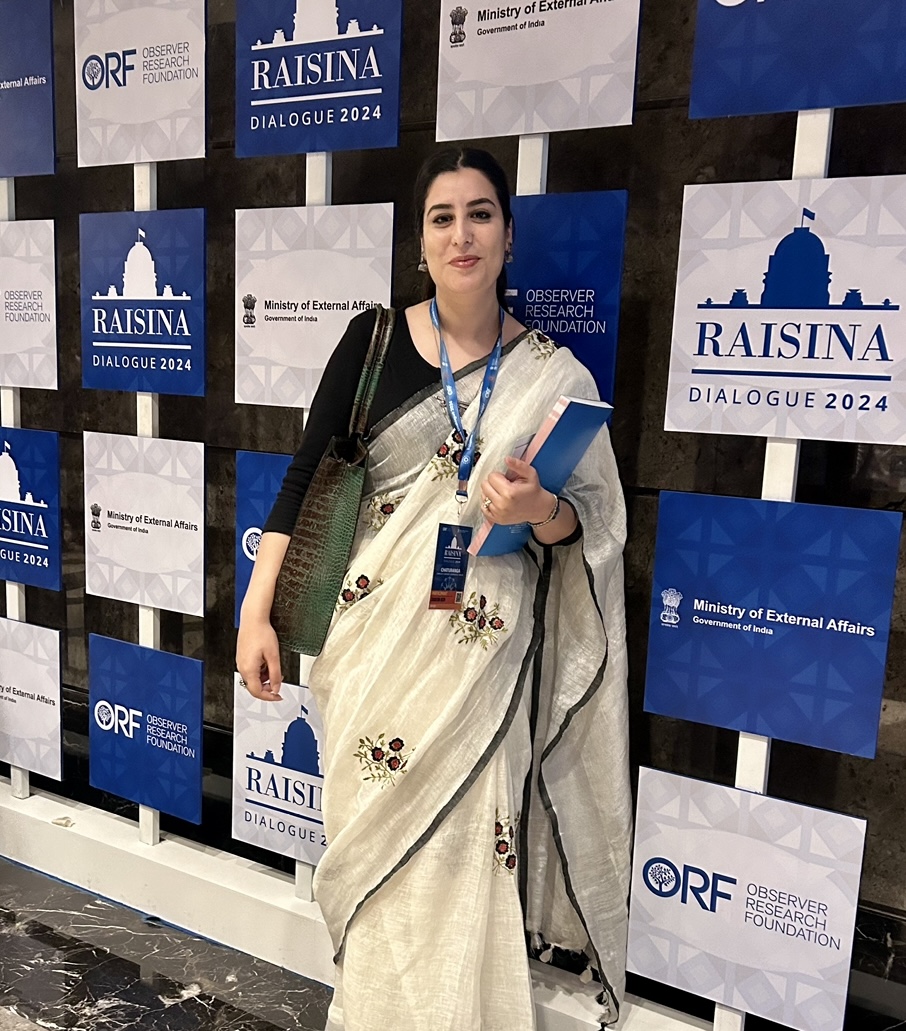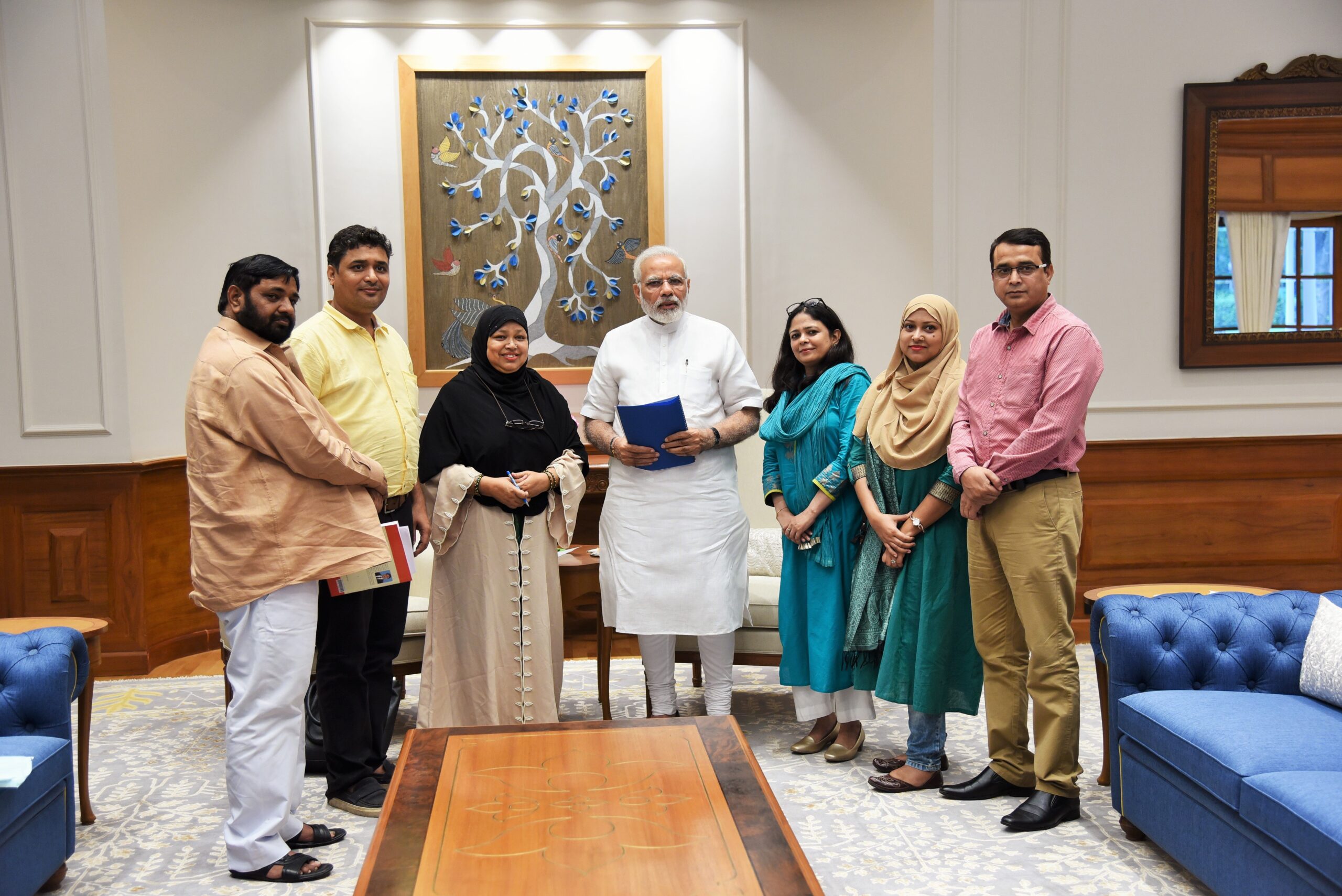
Author
Tehmeena Rizvi is a Public Policy Professional specializing in Gender Intersectionality studies, Women, Peace, and Security (WPS), migration and displacement in South Asia. She is currently pursuing a PhD in Sociology at Bennett University, where her research examines the Status of muslim women in South Asia particularly focusing on Afghan women.
She has worked as a Consultant at the Indian Council of Social Science Research (ICSSR), where she led editorial processes, reviewed research, and coordinated the publication process. She has also focussed on various policy projects of the Government of India and was an integral part of the team organizing the Amrit Kaal Vimarsh: Viksit Bharat lecture series. This initiative, conducted across colleges and universities in India, focused on themes such as national security, infrastructure, internal security, and women empowerment (Nari Shakti).
She has also worked with Policy Perspectives Foundation in collaboration with The Delhi Commission for Protection of Child Rights on the study of implementation of the POCSO Act in Delhi NCR and the Embassy of the Netherlands on women empowerment initiatives. She has authored various articles and book chapters frequently contributing to academic journals/books and leading media outlets such as Firstpost, Outlook, Indian Express, and Times Now, focusing on gender, conflict, and policy analysis. Including her notable publication, A Study of Mohalla Clinic Scheme in Delhi: Delivery of Primary Healthcare to Poor People Residing in Delhi, underscores her dedication to evidence-based policymaking and grassroots impact. Tehmeena has represented India at multiple sessions of the United Nations Human Rights Council (UNHRC) in Geneva, advocating for women’s rights in Jammu and Kashmir. She has passionately spreading her experience and knowledge across states to sensitize common people.

For many years, Muslim women in India have had to contend with structural injustices while juggling the demands of modernity with their identity in a mixed culture. Despite their richness, which includes linguistic, geographical, and cultural variances, their experiences are frequently reduced to clichéd accounts of marginalization. They continue to face significant disparities in healthcare, political representation, economic engagement, and education, which limit their ability to contribute to India’s development.